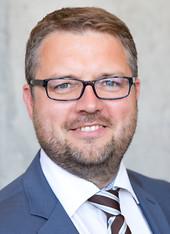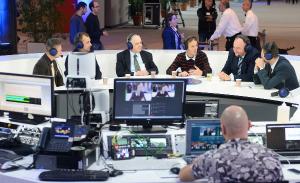Media freedom ranking with slight improvements in individual Balkan countries - Media Programme Southeast Europe
Single title
Six countries are better ranked than in the previous year. The exact ranking of the countries depends on numerous factors. Attacks on journalists and state pressure on media outlets, but also legal framework conditions and the information practices of government institutions are being taken into consideration. Countries can also receive a new rank due to advancement or setback of other countries in comparison. For example, Kosovo, Macedonia and Albania have improved by a few places, although RWB estimates little progress in the detailed assessment of these countries.
"All in all, we cannot speak about big improvements of media freedom in the Balkans," commented Christian Spahr, Head of the Media Program South East Europe of Konrad-Adenauer-Stiftung. "Although several countries of South East Europe are either EU candidate states or already belong to the EU, they are placed in middle-ranking positions compared to all countries worldwide."
According to the KAS expert, reasons for the mediocre performance of the region are not only to find in politics, but also in the media sector itself: "Critical journalists are not systematically persecuted in most of the South East European countries, but poor framework conditions and financial issues restrict their freedom to report independently." Media outlets became easily susceptible to political influence. Governments use advertising budgets and subsidies in order to ensure positive reporting. Moreover, many print media, TV and radio stations are owned by media moguls who have no interest in independent journalism, but are following their own political agenda. "Online journalism plays an important role in achieving more media diversity," said Spahr. "Crucial is also the development of quality news portals."
Spahr explained that the rankings of Reporters Without Borders and other organisations such as Freedom House and IREX can be useful indicators for the media freedom in general. Especially, they are suitable to describe long-term trends in the media situation of individual countries and regions.
Germany is rated on rank 16, Austria on rank 11 and Switzerland on rank 7 on the list of RWB.




